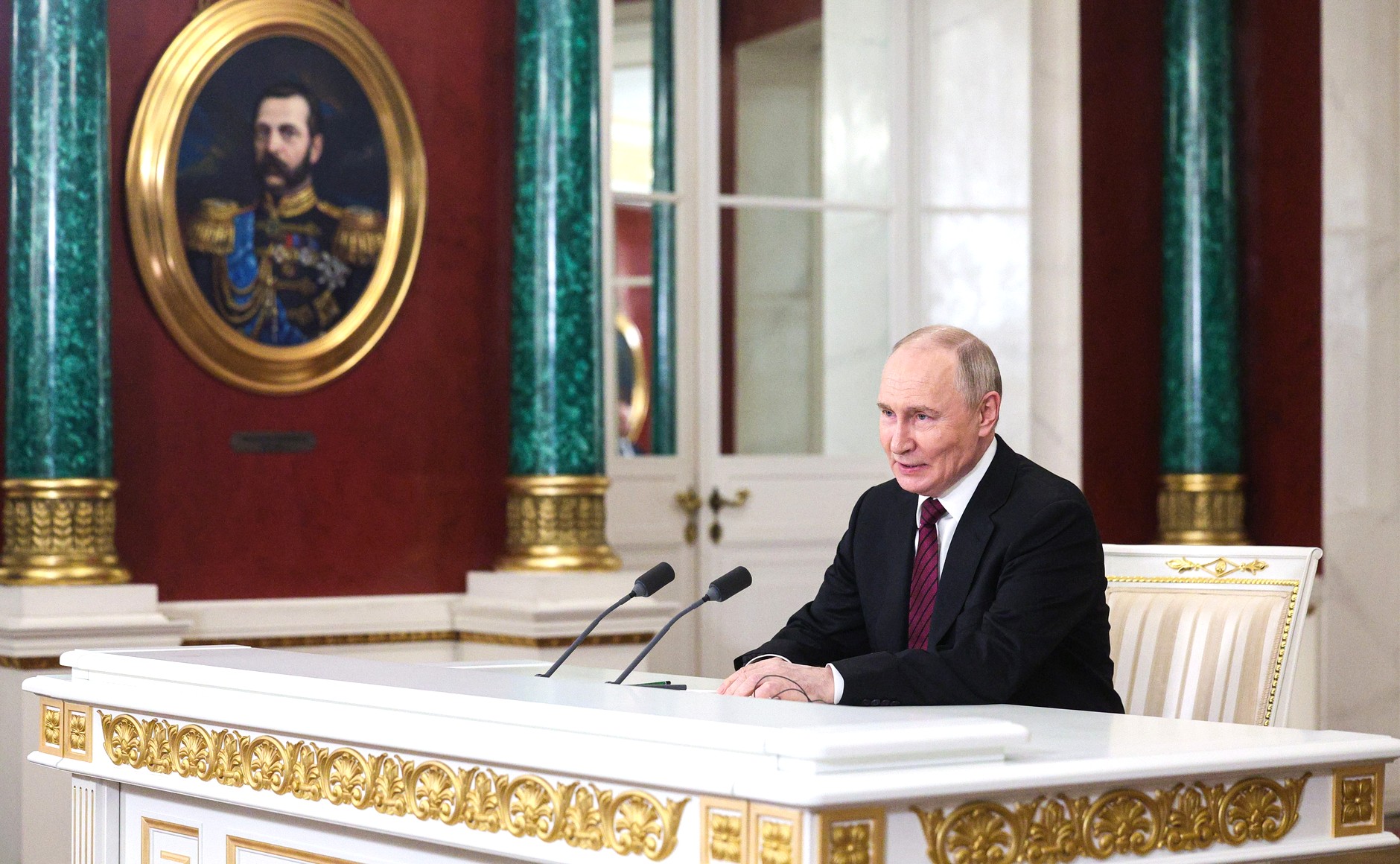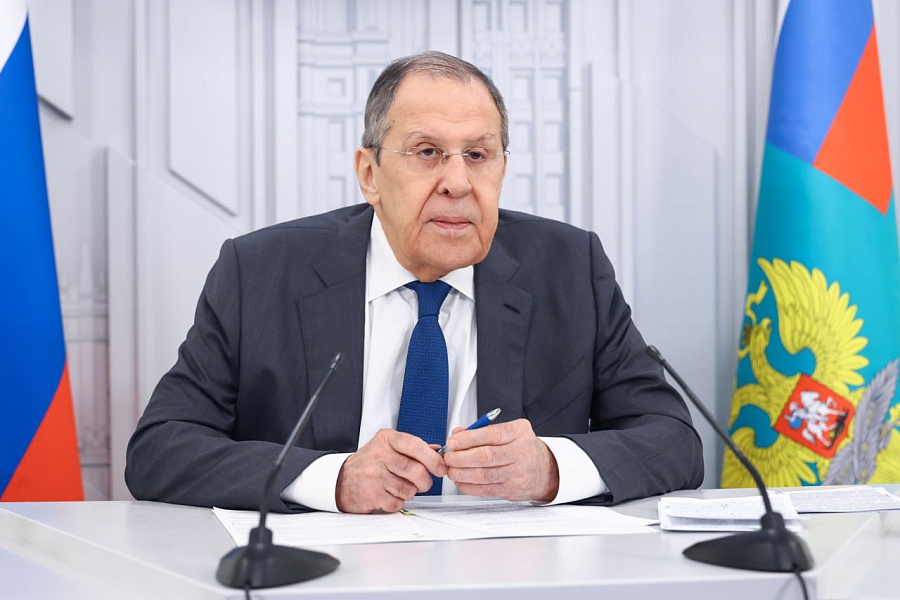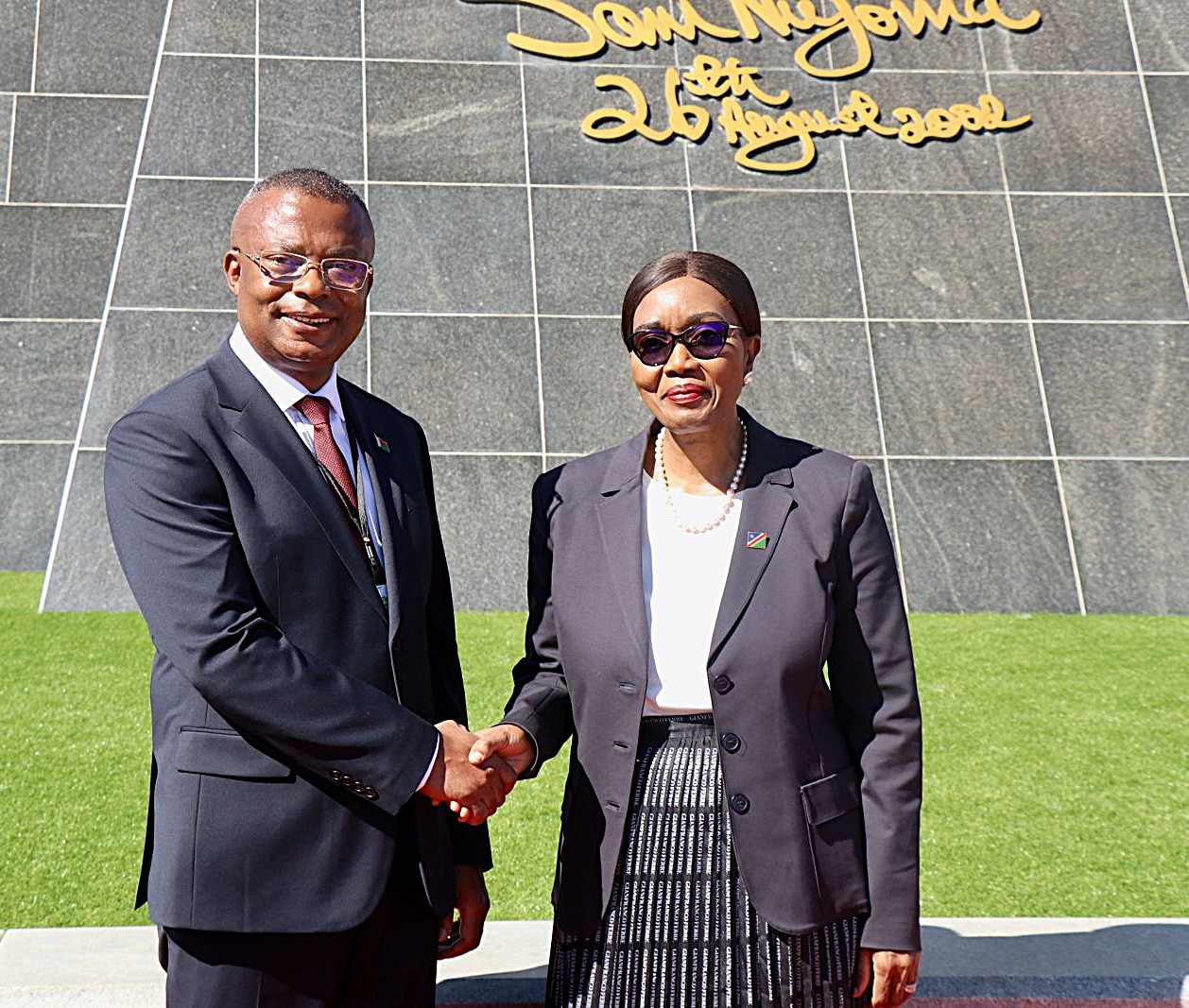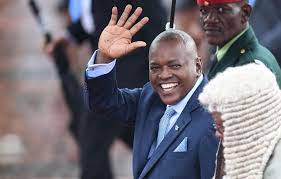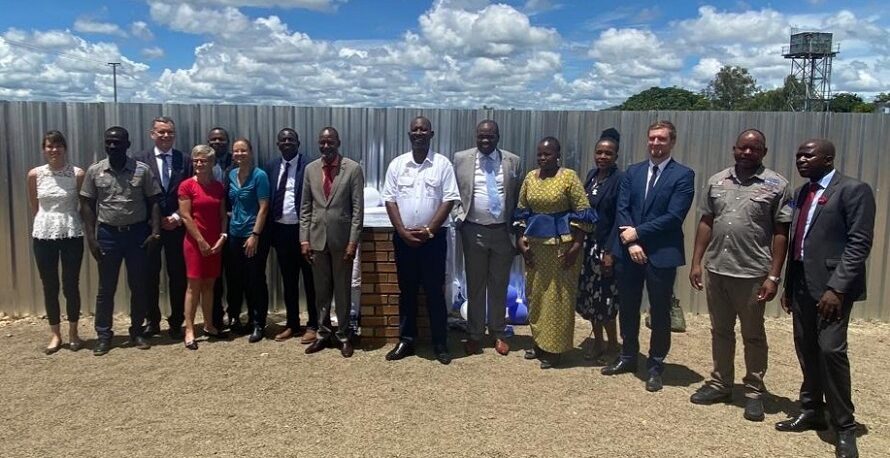
Groundbreaking-Ceremony-Delegation-and-Partners. (Pic contributed)
The Pan Afrikanist Watchman
SADC Water Fund: Zambian Government in Partnership with the Development
Bank of Southern Africa (DBSA) and SADC Secretariat launch the Kazungula
Water and Basic Sanitation Project
The Government of the Republic of Zambia in partnership with the Development Bank of Southern Africa (DBSA) and SADC Water Fund launched the Kazungula Water and Basic Sanitation Project on 2nd February 2023.

The 9.8 Million Euro project being implemented by the SADC REGIONAL FUND FOR WATER INFRASTRUCTURE AND BASIC SANITATION (SADC Water Fund) – which is hosted by DBSA and funded by the Federal Ministry for Economic Cooperation and Development (BMZ) through KfW Development Bank
(including a 10% co-contribution by the Zambian government) – is aiming at the improved access to clean water and hygienic conditions for residents of Kazungula District (Zambia).
Once operational in 2024, the project will cater for a population of approximately 13,000 people.The first phase of project will include the construction of a new water intake to improve access to clean and safe drinking water.
The second and third phases will focus on improving the sewage system with an
upgrade of the water treatment plant and the improvement of communal sanitation facilities. The project will also include community education and awareness of the importance of clean water and sanitation for good health and hygiene.
Additionally, a 200kW PV hybrid grid tied system will be installed as an alternative
energy source to reduce dependency on scarce hydro-power and ensure that the facility is climate change resilient.
The launch event saw the Minister of Water Development and Sanitation, Hon. Mike Mposha, (MP), the SADC Executive Secretary H.E. Elias Magosi, the Ambassadors of Germany to Zambia Ms. Anne Wagner-Mitchell, the Head of Development Cooperation to SADC in Botswana Mr. Marcel Grella, the KfW Regional Director Southern Africa Thomas Duve as well as the DBSA Group Executive Mr. Chuene Rampele and senior officials from government, members of the community and the media come together to celebrate the ground-breaking of this important endeavour.
In his remarks, the Minister noted that the Zambian Government considers Kazungula as a strategic district in the promotion of regional integration, trade and economic corporation among the SADC Member States of Zambia, Botswana, Namibia and Zimbabwe that share a common boundary around the district.
The Minister further noted that he recognises the huge potential that comes with this SADC Transboundary Project in spurring Kazungula District to a thriving regional trade and economic development hub especially with the completion of the construction of the bridge across the Zambezi River together with all related
facilities at the one stop border facility.
H.E. Elias Magosi, Executive Secretary of SADC Secretariat, emphasised how these kind of partnerships in the realisation of SADC’s regional integration agenda result in better provision of basic services such as water and sanitation for the people within the region and offered an overview of the importance of the project with regards to furthering the regional integration agenda across SADC.
German Ambassador to Zambia, Ms. Anne Wagner-Mitchell stated that the project will increase climate resilience of the water supply in Kazungula and will warrant that the capacity, quality and efficiency of the water supply and sanitation services will keep pace with the population growth as well as the increasing cross-border activities.
Mr. Marcel Grella, Head of Development Cooperation with SADC at the German Embassy in Botswana, making his remarks on behalf of the German Development Cooperation, emphasised the importance of international partnerships to increase investments that improve the standard of water infrastructure in general and for making the pipelined projects a tangible success for member states and citizens alike.
He reiterated the German Government’s commitment to continue working with SADC in the areas of improved water infrastructure, natural resources management and regional economic integration.
